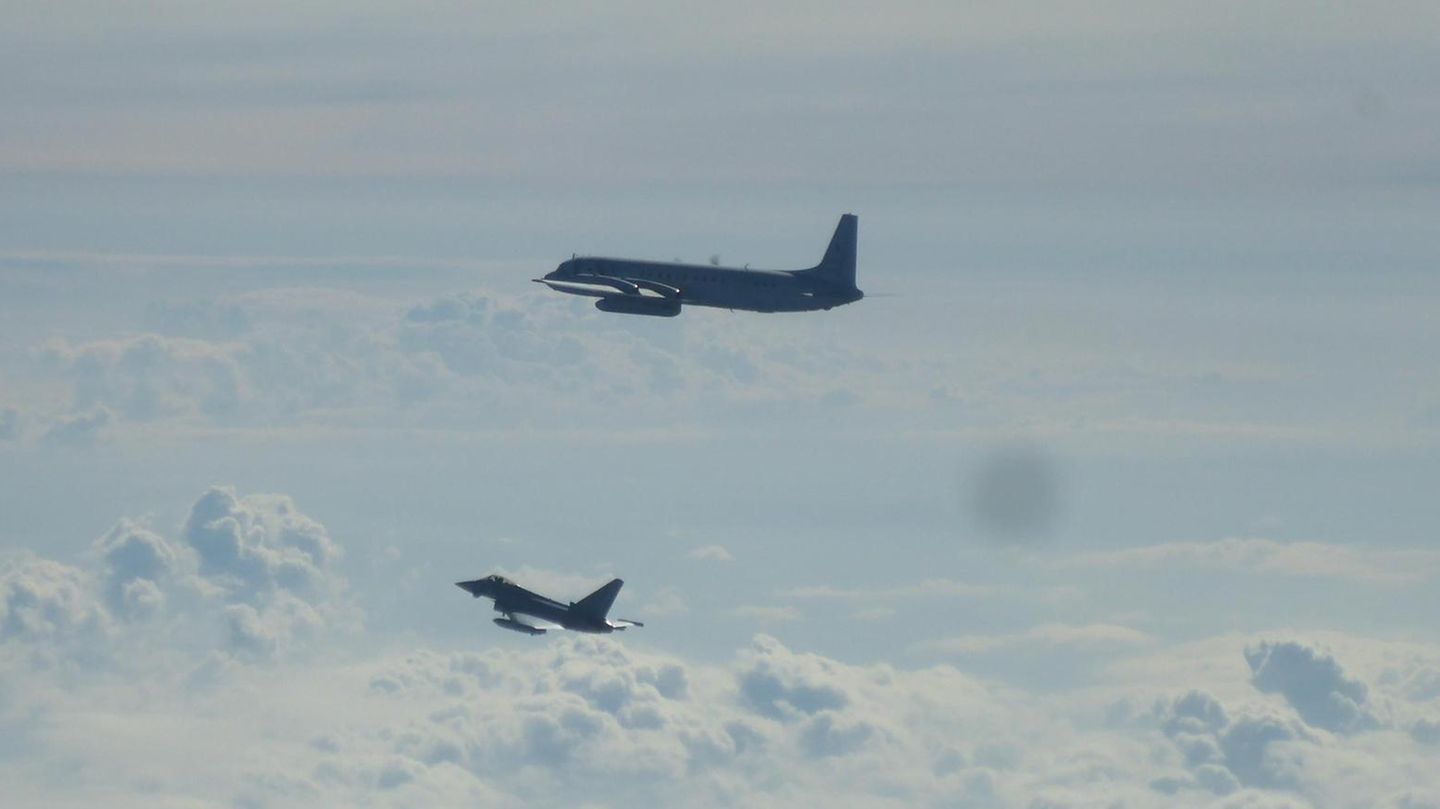To the political demands of Santa Fe, Mendoza, Between Rivers and Black Riveramong others, requests from the private sector were also added. Days ago, the Economic Federation of Corrientes (FEC) and the Economic Confederation of Missions (CEM) They raised claims to the Government for the national routes 12 and 14, a complaint that gained the support of the Argentine Confederation of Medium Enterprises (CAME).
Precisely on these two routes, that are part of the “Mercosur Route” and that cross the entire coastline from Buenos Aires, The national government set the axis. This Tuesday, through decree 28/2025 signed by the Minister of Economy, Luis Caputothe privatization of 9,000 kilometers of road corridors was activated. The measure also includes the Rosario – Victoria bridge, which connects Santa Fe with Entre Ríos.
Impact of the privatization of road corridors
Specifically, the measure refers to the Road Corridor No. 18, which begins at the junction with National Route 193 in the Zárate District, Buenos Aires, and continues through the provinces of Entre Ríos and Corrientes. Its route also includes National Route No. 174 that connects the town of Victoria, Province of Entre Ríos.
After hearing the news, the head of the Economic Federation of Corrientes, Jorge Gomezhe said to Scope that “it is auspicious that what is getting better”, but argued that there is a lack of information to know the scope of the decree. . “We have to wait for the tender but also see what improvements are made in lighting, in repairs,” he pointed out.
The leader considered that “in the meantime we must generate better traffic conditions to avoid having the accidents that we are having. The most notable thing is that the accidents that are occurring are on sections that are not concessioned. It is very important for the relationship with Mercosur “.
Road corridor.jpg
The Road Corridor 18, a strategic route for Mercosur.
In this vein, Gómez indicated that in these moments of competitiveness, With the new policy that the Government is trying to carry out, “if you do not have the conditions of road, railway, waterway and energy infrastructure, the provinces that are furthest from the port are not going to be competitive.” He also recalled that Corrientes and Misiones are provinces that move large loads, mainly grass and wood, which greatly deteriorates the state of the routes.
“If you take Mesopotamia as an isolated area of the continent, Corrientes would have only one bridge that would join it to Argentina, which is the Chaco bridge. We have no other routes other than routes 12 and 14,” he pointed out. And he added: “All the localities that are outside the concession area will want to give their opinion on whether the neighbor pays or not. There is always that logical debate, which must be held. Today it is very good that they are called, that it is in the orbit of the national government, but more information is missing.
Finally, he referred to the pending issues and denounced that Route 117 “is totally destroyed.” “I understand that it is not included. “If they make a concession without updating the sections, you are left with parts that would definitely need to have some type of improvement,” Gomez finished.
Reaction in the provinces
A minister from a coastal province consulted by Scope evaluated that “As a modality, it is not bad, but not in this way. It is very slow; the problem of routes is very big here and now. There are interventions that must be done now.” Likewise, he emphasized that “the state of the national routes is worrying and the national policy is lonely, because we have not been consulted.”
He also emphasized the slowness of the process: “They are just putting out to tender two sections in Entre Ríos of the 9,000 kilometers there are. This starts with a publication that has to be done, uploaded, worked on; a period where companies have to analyze it, which will take months. Then, you have to open any offers, analyze the awards; another period until the contract is signed and another until the start of works. When are we going to see a machine working with the toll system? “It’s absolutely uncertain.”
In Between RiversMeanwhile, they celebrated the news and remembered the “arduous efforts” carried out by the governor Rogelio Frigerio. They considered, at the same time, that the measure “promotes the reduction of oversizing of the state structure in order to reduce the deficit, make spending transparent, and balance public accounts; and ensure effective internal control of the national public administration in order to guarantee transparency in the administration of public finances.”
From the province of Buenos Aires they downplayed its impact and argued that the decree “does not influence” the district. “The kilometers of 12 in the Province are minimal. Only from the Zárate exit to the bridge, approximately 30″, They argued.
Other districts consulted by this means, meanwhile, remained radio silent, perhaps waiting for greater details about the process.
Outside the orbit of the Coastal Region, they also took note of the announcement. Such is the case of Río Negro, where the governor Alberto Weretilneckin tandem with its Neuquén pair, Rolando Figueroahad been demanding that the Nation transfer the administration of routes 22 and 23 to it.
Now, after months of radio silence, a channel of dialogue has been opened with the Nation. Specifically, the conversations are about RN 22, 237 and 151, the latter known as “the oil route.” This is the area of the “Alto Valle Corridor”, made up of fundamental arteries for Vaca Muerta. Hence, the national government itself has an interest in keeping them ready.
Source: Ambito
David William is a talented author who has made a name for himself in the world of writing. He is a professional author who writes on a wide range of topics, from general interest to opinion news. David is currently working as a writer at 24 hours worlds where he brings his unique perspective and in-depth research to his articles, making them both informative and engaging.




